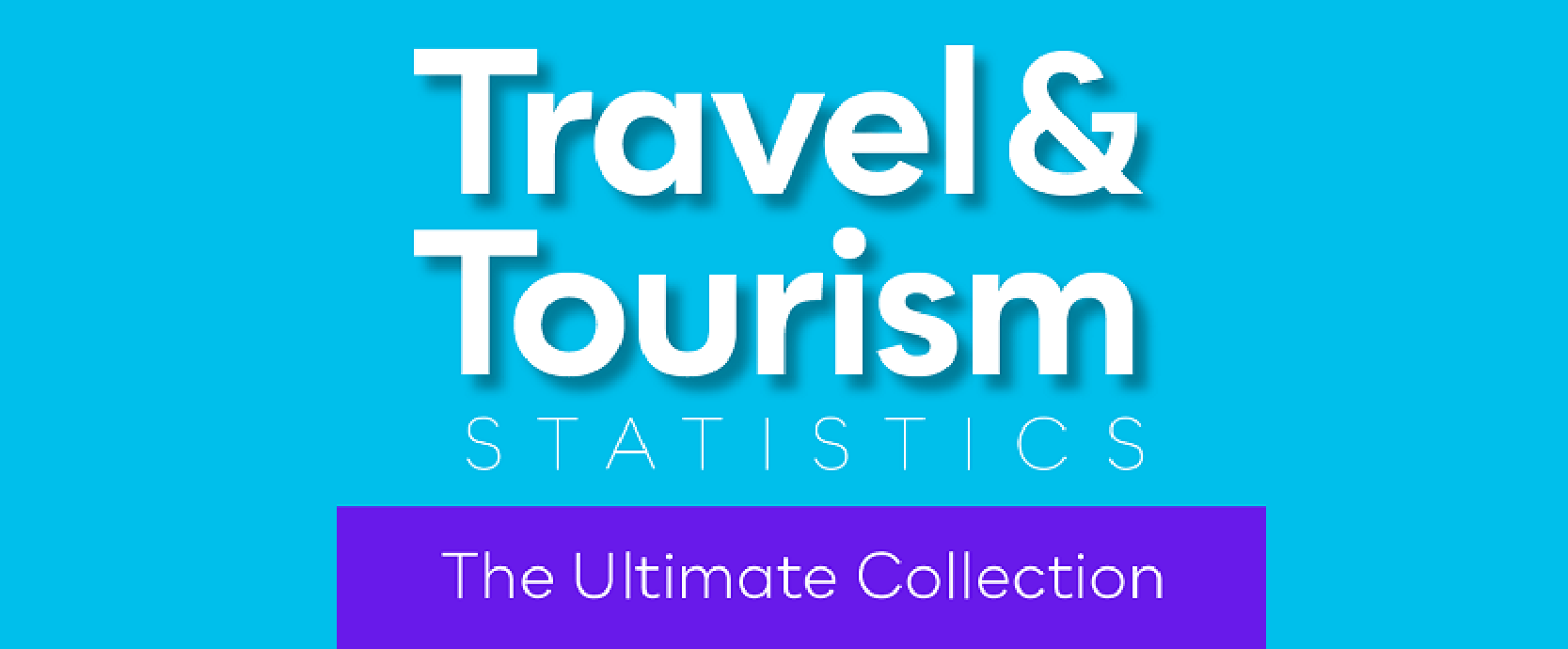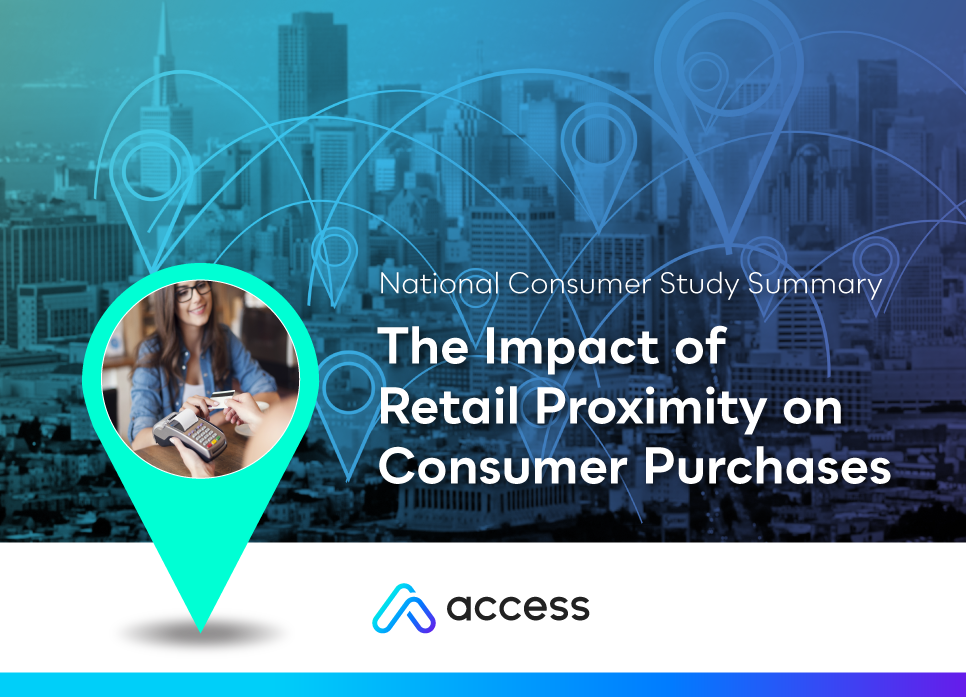Travelers Demand Exceptional Customer Service: What It Means For Your Travel Benefits
Thank goodness for the excellent folks working in the front lines of customer service. You take angry calls and solve problems until the customer is satisfied. You smile at panicked travelers and calm their worries. You talk confused customers through all their questions. You are the glue that binds a customer to their favorite brands.
An organization's commitment to customer service has far ranging impacts beyond social media and public relations. Great customer service helps customers feel that the business cares about them. Employees encouraged to offer great service are happier in their jobs. And for the business itself, this emotional connection, human to human, can smooth over many issues, encourage customer retention, inspire referrals and more.
Unfortunately, many businesses consider customer service to be a necessary evil or “cost center” which should take as little of their budget and thought as possible.
Businesses willing to put in the time and investment to build a higher-level customer service will stand out from the competition. This is especially true in the travel industry, where the stakes are often high and the benchmark low.
When customers don't receive excellent service, they pack their bags and take their loyalty (and their dollars) somewhere else. That leaves a lot of loyalty on the table to be picked up by providers willing to pick up the slack.
Customer Service: How Good Is Good Enough?
Why do so many businesses leave customer service at the bottom of their priority list?
Perhaps it’s because there are some interactions where companies can “get away with” providing lackluster service. When the customer is in no rush, or has a simple question, or is naturally forgiving, any help at all might be good enough.
But this can lead businesses into a false sense of security. The danger comes when they assume this will suffice for every interaction.
Good enough is only good enough until, suddenly, it’s not.
What might this look like from the customer’s perspective? Let's take a look at a couple scenarios common in the hospitality industry.
Imagine you’re at the beginning of your customer journey. You’re researching destinations and preparing to book your vacation. If you have a question, a 10 minutes wait on hold is only a little inconvenient, so you listen to your place tick up in line while scrolling through destination images. Or, if you need to contact the company through a social media message or email, you’re ok with not checking for their response for hours, or maybe even a few businesses days. Urgency is low at this point, so longer wait times are acceptable.
Now imagine the other side of the customer service coin.
You’ve been traveling all day, your whole family is exhausted and longing to fall into bed. You go to check into your hotel, only to find that the front counter doesn’t have your reservation. You are stranded in an unfamiliar place. Now that same 10 minute hold time waiting for an agent to pick up feels like an eternity. Even worse, some companies don’t provide a phone number to call so your only recourse would be to send an email and hope that you get a prompt reply. Even a next day response is too late when you need a safe place to sleep immediately. At this point, urgency is high, so nothing short of exceptional customer service will help.
How common is this scenario? Unfortunately, it happens more often than anyone would like to admit. Hotels routinely overbook hotel rooms with the anticipation that some will cancel. Technology sometimes fails to transfer correct information, especially when multiple discount sites simultaneously try to sell the same set of rooms.
But whatever the reason, when stranded travelers need to contact customer service, even a wait of a few minutes feels unacceptable.
Customer Service: When Good Enough ISN'T
 We love to talk about how motivating loyalty programs are to customers. Almost half (46%) consider them a factor in their purchase decisions.
We love to talk about how motivating loyalty programs are to customers. Almost half (46%) consider them a factor in their purchase decisions.
But as influential as loyalty programs are, customer service is quickly overtaking it as the most important factor in customer's minds. Consider that 60% of customers claim that great customer service is critical to their travel purchase decisions.
And they don’t just want great service. They don’t want just fast service. They want it all, plus the options to contact customer service through multiple channels including phone, email, social media messaging, etc.
Even more telling, customers are turning away from businesses that don’t provide this level of service. In fact, 82% have stopped doing business with a company because of poor customer service, and 32% have done this more than once.
How do customers define poor service?
Unavailable
People have grown accustomed to lightning fast...well...everything. And those expectations have spilled over into all interactions they have with businesses. For instance, in one study, 53% of respondents expect to get a reply on Twitter within 1 hour, and when it comes to complaints, that number rises to 73%. Other benchmarks for responses include: email within 24 hours, live chat in 2 minutes, phone within 3 minutes.
When dedicated customer support efforts are understaffed and overworked, it shows in longer hold times, email response times, etc. It may also show up as limited contact options. Customers usually have a specific channel they prefer to contact businesses with. But this preference may change based on the complexity or urgency of the request. For example, if a customer wants to look up a past purchase, the self-service portal is usually sufficient. But if that purchase has an error, they almost always switch to a live agent via live chat or phone to resolve it.
Uncoordinated
People want omnichannel support. In other words, they want options to contact customer service via phone AND email AND social messaging AND live chat. Even more importantly, 71% of customers expect a consistent experience across channels, but only 29% receive it. That means if they enter their confirmation number into a phone tree, they don’t want to read it off again when an agent picks up the phone. If they type their question into a chatbot box, they don’t want to repeat their story when an agent human takes over the conversation.
Inconsistent answers also damage customer confidence. 67% of customers report having received contradictory answers when asking the same question to different agents. The problem is rampant enough that customers who receive an unsatisfactory answer will hang up, call back and try again to get a different answer with a different representative.
Unhelpful
If a customer’s request or issue isn’t resolved the first time they contact a business, their only options are to keep trying (probably a little angrier with each try) or walk away (resolved to never do business with them again). Maybe both. A much better way is to focus on first contact resolution.
To achieve this, you may have to stop outsourcing your customer service to gain more control over training and expectations. This way you can set customer-focused metrics to define the success of an interaction. For example, you can gather customer satisfaction scores through post-call surveys, track the number of touchpoints they had to go through to get a resolution etc.
Unsympathetic
In a recent survey, 61% of people felt like they were treated like a case number rather than a person. From that same study, more customers (59%) reported that personalized service was the more important than how fast the issue was resolved (53%).
Empathy is the responsibility of every employee who has contact with the customers. It empathy not integrated in the company ethos, it won’t come out in customer interactions. For call centers, this may mean giving up the goal of short call times. While the original intent may be fine (value the customer’s time by helping them quickly and efficiently), the result is that agents can feel pressured to rush calls, or end them before the customer is satisfied.
Travel Providers Must Offer Better Customer Service
After historic lows during the 2020 pandemic lockdowns and travel restrictions, travel experienced a rapid rebound in 2021. Travel companies had to scramble to hire staff, add flights, manage inventory, etc. to get people back on the road. For many companies, this all-out effort meant that customer service was left far behind.
As a result, the travel industry is currently scoring below average in an already uncompetitive field. What does customer service look like in the travel industry look like today?
A 2021 study contacted 3,000 of the largest hospitality companies via email and Twitter to test their responses. The results show that travelers are not getting the help they need in the moments they need it most. Here’s how they ranked in the metrics outlined above:
- Availability: 20% of travel companies didn’t offer email support and 55% didn’t have a Twitter profile. Of those with touchpoints, 70% of email requests and 40% of Twitter direct messages went unanswered.
- Coordination: Only 12% of travel companies were responsive via both email and social support.
- Helpfulness: 97% of email responses (72% of social media responses) didn’t provide a meaningful answer in the initial reply.
- Sympathy: Only 11% of email responses (74% of social media support) expressed empathy, and 28% of companies did not personalize the response with the customer’s first name.
Traveler expectations are rapidly shifting to require responsive, omnichannel and effortless customer service of the travel companies they frequent. By failing to meet these expectations, they risk losing the hard-won loyalty of their customers (and as a result, revenue.)
Brad Conner, senior director of wholesale travel at Access Development, has been working in the world of travel benefits for over 15 years. He said, “I hear it all the time that travel companies have lost the human touch, even though that’s exactly what people crave most.”
Travel Benefits w/o Customer Service are of No Benefit to Members
 If customer support in the travel industry is struggling to keep up with demand, what does it mean for organizations that offer travel benefits as a membership perk?
If customer support in the travel industry is struggling to keep up with demand, what does it mean for organizations that offer travel benefits as a membership perk?
“Any travel provider you partner with will be an additional face of your company,” Conner said. “Members won’t know where your organization ends and the travel provider begins. Therefore, any poor service on their part is going to reflect poorly on you.”
The danger of offering member benefits that aren't backed by great customer service is that you’ll either have to solve customer issues with your own staff or risk losing business as unhappy members quit.
Even if a benefit company provides customer service, that doesn’t necessarily make it good service… or good sense for you. For example, many travel benefit providers charge for customer service. They’ll add fees for booking through an agent instead of online that can negate much of the discount. Some will charge the organization each time a customer calls customer service, running the price of service up until it’s no longer a good deal.
As you vet potential partners, before signing the dotted line, ask probing questions about their dedication to offering excellent customer service. This will help you find a partner who will keep your members happy, engaged, and coming back for more.
As an example, Access Development, a white label travel portal provider, supports those benefits with white-glove service. That means agents call ahead to confirm travel plans days in advance. Then in case of a problem, they provide 24/7/365 phone service and fast email support. Plus now, live chat is available on the website as an option to get the help they need.
Offer Travel Benefits With White Glove Service
With so many businesses offering the bare minimum customer support levels they can get away with, there’s a lot to gain by providing concierge-level customer service. This is especially true when it comes to big purchase decisions like travel, which have so much expense and emotional expectation wrapped up in them.
So if you want to offer discount travel benefits to your members, check out our White Label Travel Platforms: The Ultimate Buyer’s Guide. By properly vetting providers, you can ensure you pick a partner that not only gives your members the best available deals, but also supports them proactively. This ensures all that good will reflects back on you in the form of enhanced loyalty and member retention.
Or you can contact the travel experts at Access Development where we promise to answer your inquiries quickly, thoroughly and with empathy.
Related articles:
- Going Somewhere? How Access is Transforming Discounts for Travelers
- 6 Things You Should Know About Travel Perks as They Relate to your Members
- 2021 Tourism and Travel Statistics
- Customer Service: Your Loyalty Program's Secret Weapon
- The Lamest Excuses Companies Give for Not Being More Customer-Centric
Topics: Customer Engagement, Member Benefits, mobile discount programs, Travel, customer retention, member acquisition, Discounts, travel statistics, member travel benefits, white label travel platforms, white label travel solutions, membership perks

Written by: Kendra Lusty




.jpg)

.jpeg)






Share your Comment.